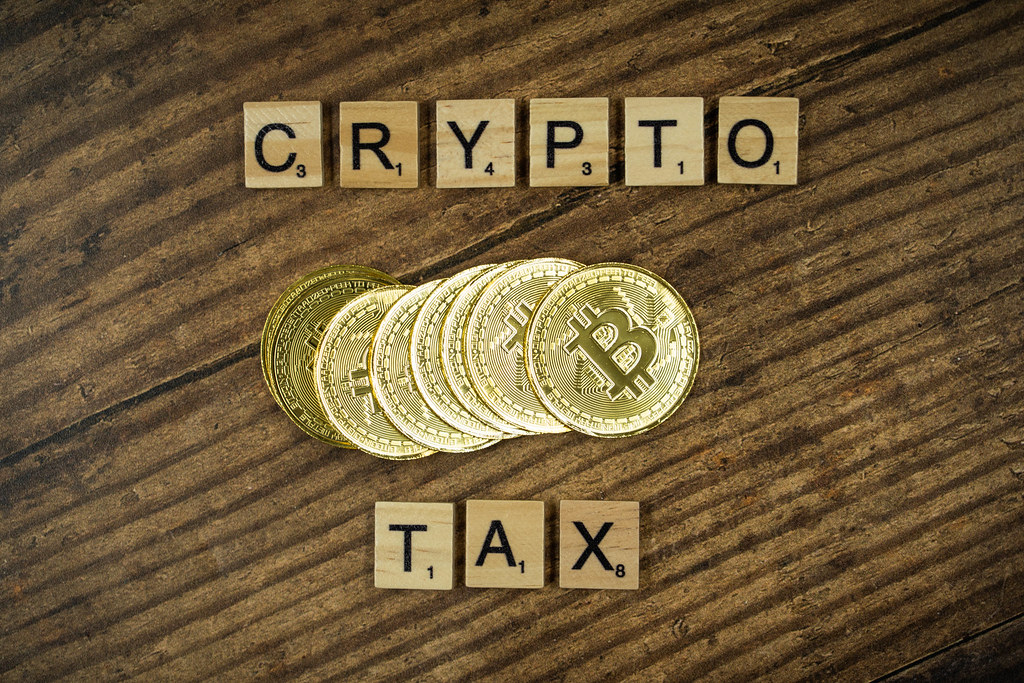
A visionary proposal is underway in the United States aiming to position the country as a pivotal leader in the digital economy. The initiative, driven by the newly established USABTC policy group, proposes the creation of a Bitcoin tax-free Digital Economic Zone (DEZ). This innovative zone is designed to enable Bitcoin trading and accumulation without the imposition of capital gains taxes, although it would incorporate a tax on redemptions to generate revenue.
The Concept of a Digital Economic Zone
The core of the proposal by USABTC is to establish a DEZ where Bitcoin can be utilized freely to enhance economic resilience and innovation while maintaining the central role of the U.S. dollar. The zone would allow tax-free capital gains on Bitcoin, aiming to attract investors and stimulate wealth growth within a regulated framework. The exit tax on conversions back to traditional currency could then serve as a new revenue stream for both federal and state treasuries.
USABTC highlights that this initiative could significantly secure the U.S.’s financial future by leveraging Bitcoin’s potential. Given the challenges of a direct government purchase of Bitcoin—which is deemed unfeasible and politically sensitive—the proposal focuses instead on fostering a regulated environment that can adapt to the dynamics of cryptocurrency.
Implementation Strategy
The plan includes a phased approach for the DEZ’s implementation, beginning with a presidential executive directive to utilize the Exchange Stabilization Fund (ESF), established under the Gold Reserve Act of 1934. Subsequent phases would involve drafting legal frameworks, legislative support, and public outreach to ensure widespread understanding and backing. The Internal Revenue Service (IRS) would also collaborate to establish a robust legal and tax framework.
A critical aspect of the proposal is the protection against government overreach, addressing a major concern within the cryptocurrency community. The initiative seeks to enshrine the right to self-custody into law, ensuring that individual rights are preserved even as the digital economy expands.
The Role of Layer-2 Solutions
USABTC proposes the use of a pegged Bitcoin system on a layer-2 solution to ensure efficient and secure transactions within the DEZ. This technological approach would facilitate quicker and more reliable Bitcoin transactions, crucial for the success of the DEZ.
| Phase | Activity | Description |
|---|---|---|
| Phase 1 | Executive Directive | Utilize ESF to kickstart DEZ creation |
| Phase 2 | Legal and Legislative Framework | Draft laws and conduct public outreach |
| Phase 3 | Implementation and Launch | Establish and launch the DEZ with IRS collaboration |
| Ongoing | Monitoring and Adjustment | Continuously monitor and adjust policies as needed |
The establishment of a Bitcoin tax-free zone in the U.S. could propel the country to the forefront of the digital economy, offering a competitive edge in the burgeoning field of cryptocurrencies. By creating a regulated space that fosters innovation while providing financial security and legal clarity, the U.S. could attract significant global investments and talent in the cryptocurrency sector.
The USABTC’s proposal to create a Bitcoin tax-free Digital Economic Zone represents a forward-thinking strategy to harness the benefits of digital assets while ensuring economic stability and growth. If successfully implemented, this initiative could mark a significant step towards establishing the U.S. as a leader in the digital economy.
Featured image credit: CryptoWallet.com Images via Flickr
Follow us for more breaking news on DMR
